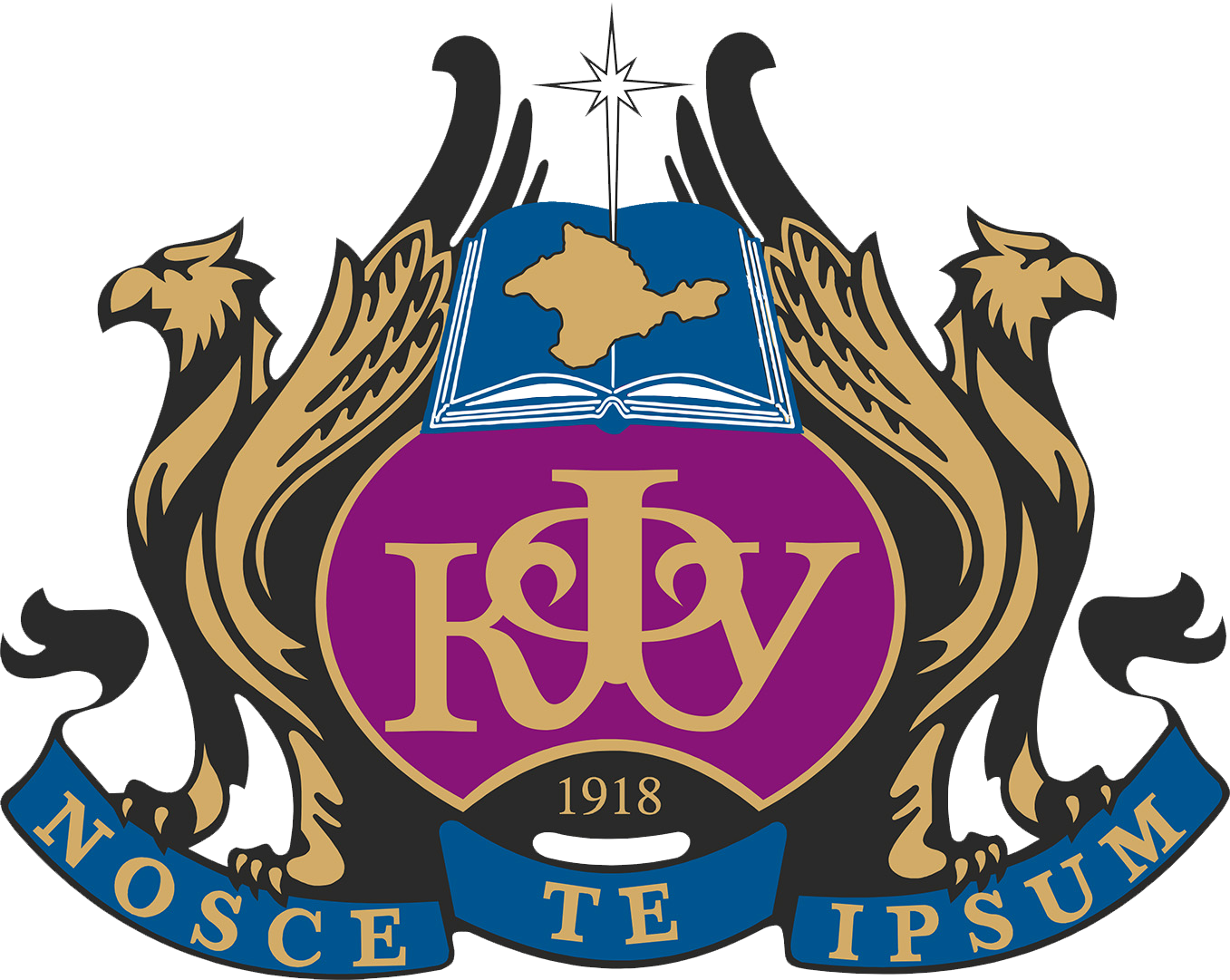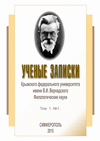The article is devoted to the reflection of traditional moral values in German literature at the turn of 20th–21st centuries. The relevance of the chosen topic is conditioned by the acute crisis of the loss of traditional moral guidelines in the modern consumer society. The problem is investigated on the material of Georg M. Oswald’s novel “All That Counts”. Descriptive and hermeneutic methods were used in the research process. As a result of the analysis, the range of moral and social values through the prism of which the writer gives his assessment of society was identified. The article describes the structure of the society depicted in the novel, which is divided into two main groups – the financial elite and the rest of society, including the lower marginalized strata. The protagonist, who has not any distinctive individual characteristics, is a generalized portrait of a representative of modern society. The image of the central character was analyzed and his essential characteristics were highlighted. It is concluded that in modern society true love and friendship are often substituted by simulacra. Each of the signs of moral values has its own value in the consumer society, but they do not give life support. It is also concluded that the individual himself has completely lost his personality, becoming only a sign of a fashionable image. Criticism of the cult of consumerism, fetishism, cargo cult has been revealed, indicating that society has lost its spiritual moral foundations. Thus, the study showed that Georg M. Oswald gives a negative assessment of the German society of the turn of 20th–21st centuries, adhering to the position of traditional moral values
Georg Oswald, moral values, morality and ethics in literature, modern German literature, cult of consumerism, fetishism, cargo cult
1. Belaya G. Nravstvennyy mir hudozhestvennogo proizvedeniya // Voprosy literatury. – 1983. – № 4. – C. 19–52
2. Roganova I. S. Aktualizaciya postmodernistskoy paradigmy v kul'ture konca XX veka (na primere nemeckoyazychnoy literatury): Dis. … doktora kul'turologi: 24.00.01. – Moskva, 2010. – 447 s.
3. Sokolova E. V. Sovremennaya literatura Germanii: poiski vyhoda iz postmodernizma // Postmodernizm: chto zhe dal'she? (Hudozhestvennaya literatura na rubezhe HH–XXI vv.):
4. Kozhemyakin A. G. Georg Osval'd predstavil amoral'nogo tipa // Kommersant' (Novosibirsk). – 2003. – № 73. – S. 3. – Rezhim dostupa: https://www.kommersant.ru/doc/379178.
5. Medvedeva T. S. Cennosti nemeckogo naroda: istoriya i sovremennost' // Vestnik Udmurtskogo universiteta. Seriya «Istoriya i filologiya». – 2010. – №3. – S. 130–134.
6. Misonzhnikov B. Ya. Metodologicheskie osnovy germenevtiki kak sredstva otozhdestvleniya teksta // Gumanitarnyy vektor. Seriya: Filologiya, vostokovedenie. – 2012. – №4. – s. 52–60.
7. Osval'd G. Vse, chto schitaetsya: Roman. – SPb.: Amfora, 2002. – 221 s.
8. Chugunov D.A. Nemeckaya literatura 1990–h godov: osnovnye tendencii razvitiya: Dis. … dokt. filol. nauk: 10.01.03. – Voronezh, 2006. – 421 s.
9. Esselborn K. Globalisierung – Natur – Zukunft erzdhlen Aktuelle deutschsprachige Literatur f'r die Internationale Germanistik und das Fach Deutsch als Fremdsprache. Rezension. // Informationen Deutsch
10. Nebrig A. Neue Studien zu Moral und Ethik der Literatur und ihrer Kritik: A Review Article. // Orbis Litterarum. – 2016. – Vol. 71. Issue 6. – R. 549–560.
11. Zemanek E. Unkalkulierbare Risiken und ihre Nebenwirkungen: Zu literarischen Reaktionen auf ckologische Transformationen und den Chancen des Ecocriticism // Literatur als Wagnis. – Berlin 2013,





